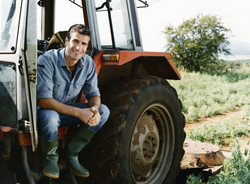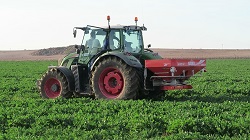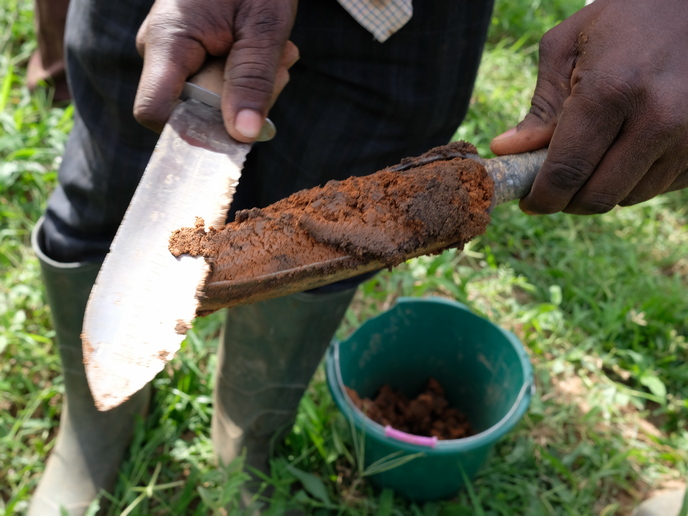Learning networks for sustainable farming
Rural expansion, increased pollution, altered land use and rapid climate changes are all having an impact on agriculture, underlining a need for more sustainable agricultural systems. The EU-funded project SOLINSA(opens in new window) supported this ambitious goal. It studied efficient approaches to support actual Learning and Innovation Networks for Sustainable Agriculture (LINSA). The project identified factors that promoted or held back existing agricultural knowledge systems and innovation policies. It explored drivers of change and looked at ways to remove barriers through the development of new tools and instruments. The project team outlined a conceptual framework, integrated related country reports and reviewed relevant EU policies in the field of sustainable rural development. Armed with a solid theoretical base, the project team produced eight country reports on knowledge systems in the project's target countries. It then selected 17 case studies - existing LINSA, outlining issues such as scale, agricultural knowledge, level of innovation, level of learning and governance. Networks of farmers, consumers, non-governmental organisations, experts and local administrations looked for and continue to find alternative ways to produce, consume and innovate. In order to create autonomous spaces of development, they broke the rules of the dominant socio-technical systems and built up new economic spaces. They put in place their own rules around the principles of sustainability. To be competitive, farmers' networks applied agro-ecological principles, diversified crops or farming activities (on-farm processing, energy production, social services, etc.) and participated in collective initiatives. They used local and traditional knowledge social capital and local biodiversity to build new market arrangements to give differentiated products to concerned consumers. To support such learning and innovation networks, traditional understanding of knowledge transfer has to shift to a conception of knowledge exchange between equal partners. Agricultural knowledge systems have to widen their scope and open up for a creative exchange of innovators for sustainable agriculture and rural development from different fields. In this situation, transition partners emerge as new kind of actors, with particular roles and functions. These are various kinds of networkers, facilitators, participatory researchers and boundary persons who are experts who engage with projects such as LINSA in joint learning and innovation for sustainability.







